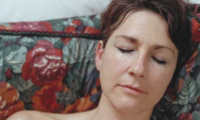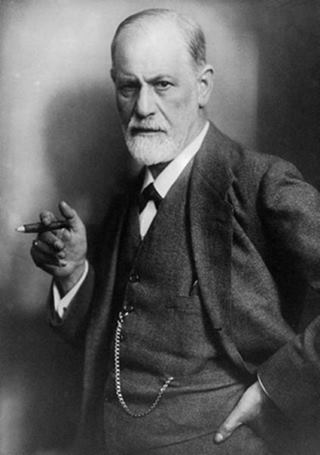Reports of the recent shooting death of the US rapper XXXTentacion revealed some significant detail about his tragic life. The BBC quoted his early life as "grim and confusing". According to the BBC, his mother was a teenager when he was born and she was absent for long periods when he was growing up. He was brought up mostly by his grandmother, family friends and babysitters.
This is a classic example of dysfunctional family circumstances which lead to antisocial behavior by the child. And sure enough, XXXTentacion had a long history of criminal behavior marked by violence. Various reports suggest that the success of his music career was partly the result of his ongoing violence. Being violent was part of his attraction to his fans.
Desperate for attention
But in his case, his violence may have been more than just random behavior. The BBC reports that he "once said that he used violence to make his mother pay attention". He used violence quite deliberately to deal with his own emotional needs. "I used to beat kids at school just to get her to talk to me, yell at me," he said.
It seems that that neglected little boy desperately wanted his mother's attention. And would do anything to get that attention. If the only way she would notice him was when he was violent, then that was what he would do. Bad behavior was his strategy to get noticed. It did not matter that it was "yell at me" attention: attention is attention. Any kind of attention is better than none.
This makes perfect sense from a behavioral psychology point of view. Children want their parents' attention and will do whatever it takes to get that attention if it is not freely offered.
Procrastination attention seeking
This is an extreme case of a child using extreme behavior to get what he wants. But I think it is actually much more common than we suppose. Not the violence, but the strategy of behaving badly to become the focus of a parent's attention.
For much of my own life, I have procrastinated. I would put off starting things, Or not finishing them. This applied to things that were important, valuable, that I was going to get into trouble for if I didn't do them. And that I suspect is a direct parallel between me and XXXTentacion.
I also grew up in a dysfunctional family. My father was usually away at work. My mother was distant and distracted and not the slightest interested in her children. From an early age, I was very aware that my family was different from other families.
It is only now, long after my mother has passed away, when I look back over the things I did not achieve in my life, when I look at the wasted opportunities, I can see the parallels.
Procrastination attention seeking and work
I suspect that the things I procrastinated about had a common factor. There were things that authority figures wanted me to do. Quite legitimately in most cases. Employers want you to work. They want their projects finished.
But I learned as a child that if I didn't do whatever my mother wanted me to do, at some point I too would get yelled at and perhaps beaten. But at least I was being noticed.
I think I have transferred that behavior to my adult life. Still seeking attention.
I wonder how much procrastination in other people reflects a similar need?




 The easiest way to do this is to test for eye catalepsy after the induction. This lets both you and the client know that the client really is in trance. I have trained myself to always do this. When I started out as a hypnotist I was often afraid to do this test, just in case the client wasn't in trance. I have since learned that if the client opens their eyes then you both have learned something valuable. The other simple convincer is to do a finger lift at some point in the session.
The easiest way to do this is to test for eye catalepsy after the induction. This lets both you and the client know that the client really is in trance. I have trained myself to always do this. When I started out as a hypnotist I was often afraid to do this test, just in case the client wasn't in trance. I have since learned that if the client opens their eyes then you both have learned something valuable. The other simple convincer is to do a finger lift at some point in the session.




